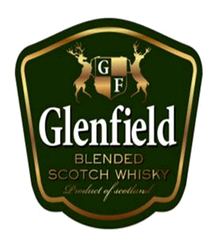In the UK, in a decision that will provide additional comfort to trade mark owners seeking to protect their intellectual property rights in the UK, the High Court held that a threat issued by a trade mark owner was not groundless simply because it was never followed up by proceedings being issued.
In Vanderbilt v Wallace & Ors [2017] EWCH 45 (IPEC), the High Court held that “the emphasis is on whether the acts actually infringe or, if done, would infringe, not on whether a proprietor actually sues for infringement. The phrase does not impose an obligation to commence legal proceedings for every act complained of.”
The case involved a long running trade mark dispute between the claimant and defendant, including several concurrent actions. In this instance the defendant had argued that section 21 of the Trade Marks Act 1994 established that where threats are made the trade mark proprietor has to bring a claim in relation to everything that is the subject of a threat, and that if they fail to do so then the threats can never be justified, even if there is infringement.
The Court disagreed. It stated that there are often valid commercial reasons why a trade mark owner may elect not to issue proceedings even if there is an obvious infringement. The Court will consider the validity of the claim on its own and whether the acts complained of constitute an infringement, regardless of whether proceedings have been issued following any threats to sue.
In addition to providing clarity, this outcome will please trade mark owners. Provided that they have established infringement they can send cease and desist letters without worrying about issuing legal proceedings that may not be commercially desirable.
By: Nóirín McFadden and Jamie Kershaw


